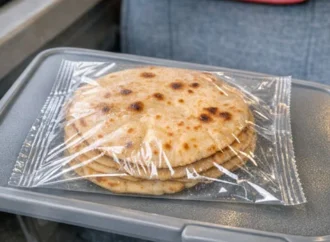Key Development
The Food Safety and Standards Authority of India (FSSAI) tested 86,401 food samples for pesticide residues from 2022 to 2025, the government told Parliament on Wednesday. Union Minister of State for Health and Family Welfare, Prataprao Jadhav, revealed in a written reply to the Rajya Sabha that 2.8% of these samples exceeded the permitted pesticide limits.
Regular Surveillance and Enforcement by FSSAI
FSSAI, along with State and Union Territory Food Safety authorities, regularly conducts surveillance, monitoring, inspections, and random sampling of food products. They especially intensify these activities during festive and peak demand seasons to ensure compliance with the Food Safety and Standards (FSS) Act, 2006, and related regulations. Between 2022 and 2025, FSSAI collected and analysed thousands of samples, finding that a small but significant portion surpassed the Maximum Residue Limits (MRLs) established after thorough risk assessments.
Ongoing Monitoring and Regulatory Actions
Under the National Annual Surveillance Plan (NASP), FSSAI carries out monthly nationwide surveillance drives across various food commodities to check regulatory compliance. When FSSAI detects non-compliance, it follows up with enforcement sampling. If enforcement samples also fail to meet standards, FSSAI initiates regulatory actions against the responsible Food Business Operators (FBOs) according to the FSS Act and rules.
National-Level Pesticide Residue Monitoring Project
The Department of Agriculture and Farmers Welfare (DA&FW) supports the “Monitoring of Pesticide Residues at National Level” (MPRNL) project. This initiative collects samples of vegetables, fruits, spices, cereals, pulses, herbs, fish, meat, eggs, tea, and milk from across India. Thirty-five NABL-accredited laboratories analyse these samples for pesticide residues to help ensure food safety nationwide.
Source: Zee Business
 Food Manifest
Food Manifest 


















